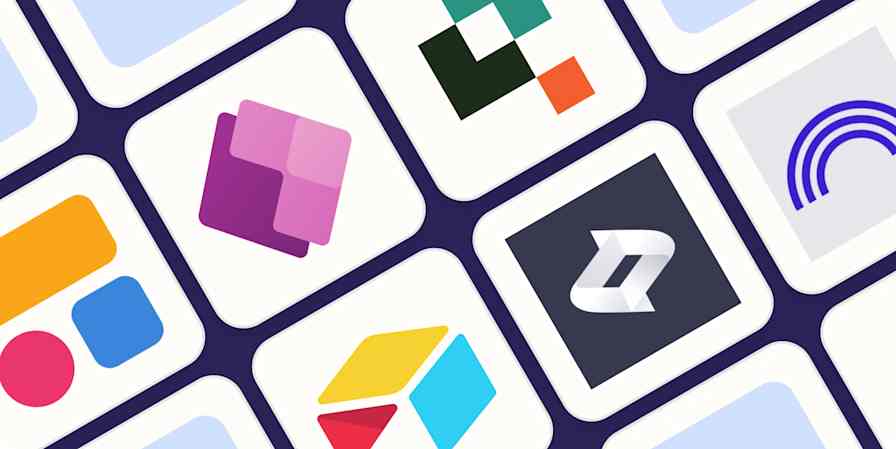Business tips
4 min readAI for business: What is AI and how will it impact work?
By Harry Guinness · January 18, 2023

Get productivity tips delivered straight to your inbox
We’ll email you 1-3 times per week—and never share your information.
mentioned apps
Related articles
Improve your productivity automatically. Use Zapier to get your apps working together.







